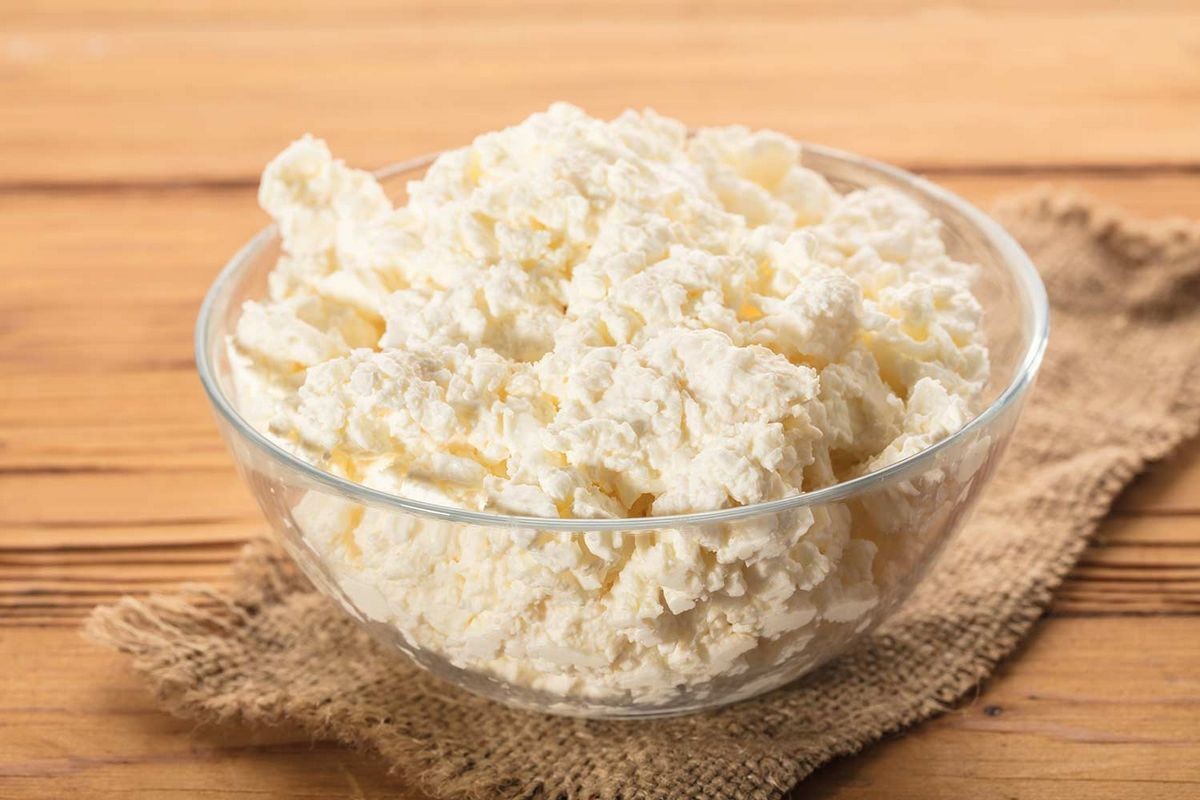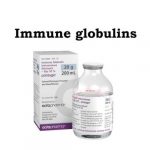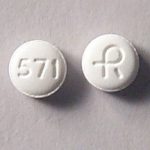
Contents
Is Cottage Cheese Good or Bad for You?
Dairy is a core element of a nutritious diet. Cottage cheese is a delicious way to include dairy in your diet. It supplies protein and helps build muscle. However, it contains salt and unpasteurized versions may make you sick.
Cottage cheese provides protein, vitamins, and other nutrients. Cheeses can be high in salt and saturated fats. Do cottage cheese’s benefits outweigh its harms?
Cottage cheese is made from milk by coagulating and removing the whey. The process retains calcium, fats, proteins, and other nutrients in varying proportions. Low-fat or skim milk yields cottage cheese, which provides protein and reduced saturated fats. It is available in various varieties.
Cottage cheese is a fresh cheese with a mild flavor. It can be included in recipes without overwhelming other ingredients. It can also be enjoyed by itself.
Cottage cheese nutrition
Nutrients in cottage cheese vary depending on the milk used. Low-fat (2% fat) milk cottage cheese provides:
| Energy | 82 calories |
| Protein | 11 grams |
| Fats | 2.3 grams |
| Carbohydrate | 4.3 grams |
| Calcium | 103 milligrams |
| Sodium | 321 milligrams |
Cottage cheese also provides vitamins A, B1, B2, B3, B5, B6, B9, and minerals like selenium, copper, magnesium, phosphorus, zinc, and manganese.
Cottage cheese made from low-fat milk contains 12 milligrams of cholesterol per 100-gram serving.
Cottage cheese provides little to no iron.
Cottage cheese benefits
Cottage cheese and your daily protein
Cottage cheese is rich in protein, providing 11 grams in a 100-gram portion. Varying protein sources, like dairy, nuts, fish, and grains, is often better for your health than relying solely on meat.
Cottage cheese and weight loss
Including cottage cheese in your dietary plan can aid in weight loss. It is high in protein and promotes satiety, helping you feel full for longer periods.
Cottage cheese for muscle building
Cottage cheese is a good option for increasing muscle mass. It contains complete proteins with all the essential amino acids required by the body.
Calcium content
Cottage cheese provides calcium, which is essential for bone health. However, it is not as beneficial for bone health as some other dairy foods due to the reduction of calcium and potassium content during the cheesemaking process.
Breast cancer protection
There is evidence that cottage cheese protects against breast cancer.
QUESTION
Cottage cheese harms
Cottage cheese contains lactose, a disaccharide that can cause digestive issues in lactose-intolerant individuals. Lactose-free options are available.
Cheeses contain significant amounts of salt, which can increase health risks. Salt intake has been linked to high blood pressure, strokes, heart attacks, heart failure, kidney disease, stomach cancer, and osteoporosis. Low-sodium varieties of cottage cheese are recommended.
Cheese intake can raise blood cholesterol levels and increase the risk of heart disease. However, low-fat or skim milk options are safer choices.
Cottage cheese dangers
Cottage cheese, like other dairy products, can carry infections if not made from pasteurized milk or stored properly. Raw milk can contain dangerous bacteria. Pasteurized milk is the only way to make milk and milk products safe.
Cottage cheese in your diet
Cottage cheese is rich in minerals, vitamins, and non-meat protein. It can be included in various dishes. It is important to ensure that the cheese is made from pasteurized milk to avoid the potential dangers.
If you are lactose-intolerant, lactose-free cottage cheese is available.
Cottage cheese generally has less salt than other cheeses. Look for low-salt varieties to reduce sodium intake.
Low-fat or skim milk options are healthier due to lower saturated fat content.
Cottage cheese is a delicious and healthy food that can be enjoyed by adults and children. Ensuring its potential harms are avoided allows for efficient health and nutrition benefits.
References:
- Advances in Nutrition: "Influence of dairy product and milk fat consumption on cardiovascular disease risk: a review of the evidence."
- American Journal of Clinical Nutrition: "Dairy foods and bone health: examination of the evidence," "The role of protein in weight loss and maintenance."
- Centers for Disease Control and Prevention: "Listeria Outbreak Linked to Queso Fresco Made by El Abuelito Cheese Inc.," "Raw Milk Questions and Answers."
- Food and Function: "Dietary protein intake and human health."
- National Health Service: "Bowel cancer — Overview."
- Nutrients: "Consumption of Dairy Products and the Risk of Developing Breast Cancer in Polish Women," "Protein Intake and Exercise-Induced Skeletal Muscle Hypertrophy: An Update."
- US Department of Agriculture: "Cheese, cottage, lowfat, 2% milkfat," "Dietary Guidelines for Americans 2020-2025."


